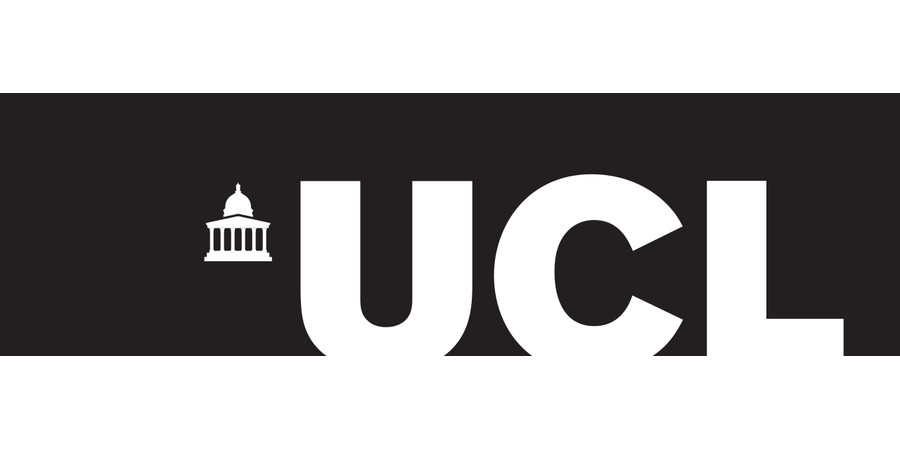Research Fellow
UCL - Innate2Adaptive research group / Division of Infection and Immunity
| Location: | London |
|---|---|
| Salary: | £43,124 to £51,610 |
| Hours: | Full Time |
| Contract Type: | Fixed-Term/Contract |
| Placed On: | 19th November 2024 |
|---|---|
| Closes: | 10th December 2024 |
| Job Ref: | B02-07984 |
About us
We are seeking a post-doctoral computational scientist to join a Innate2Adaptive research group (https://www.innate2adaptive.uk) within the Division of Infection and Immunity at UCL, to develop theoretical and computational approaches to study host-pathogen interactions with a focus on T cell responses to tuberculosis.
Our group comprises a multi-disciplinary team of scientists with expertise in laboratory immunology, human experimental medicine and mathematical/computational method development. We focus on the immunology of infectious diseases, aiming to identify biomarkers for diagnostic and prognostic applications, and enabling development of novel vaccines and therapeutics.
The Division of Infection & Immunity at UCL hosts >40 principal investigators with world leading expertise in molecular virology, pathogen genomics and evolution, innate immune host-pathogen interactions, tuberculosis, viral immunology, translation of T cell receptor transgenics, T cell immunoregulation and immunology of transplantation, immunology of ageing, primary immunodeficiencies and computational immunology.
About the role
The post is supported by a Wellcome Trust Discovery Award for identification of clonal and functional T cell determinants of protection and pathogenesis in tuberculosis, aiming to develop novel approaches to stratifying disease risk in people who become infected and inform the design of next-generation vaccines. This programme of work is underpinned by the hypothesis that protective and pathogenic immunity is determined at the level of highly specific T cell-peptide/MHC interactions mediated by generalisable T cell metaclones. We aim to identify these public metaclones by TCR sequencing and undertake reverse epitope discovery to identify their pMHC targets.
The project involves an international consortium. The post holder will report to computational biologist Dr. Andreas Tiffeau-Mayer, but will also work closely with “wet” lab scientists, clinicians and computational biologists within the Innate2Adaptive group (led by Mahdad Noursadeghi, Benny Chain and Hans Stauss) and our project partners in South Africa (led by Al Leslie).
About you
The position will suit a highly motivated postdoctoral computational scientist interested in host-pathogen interactions which determine the outcomes of infection.
Applicants should have a PhD (or about to be awarded) in a relevant subject, and experience of application of bioinformatics, computational science and mathematical modelling of biological systems. Experience of sequencing data, immunology and infectious disease research are also desirable. Good oral and written communication skills are essential, as is commitment to effective multi-disciplinary teamwork.
Please see the attached job description and person specification for full details. Please also read the attached Candidate Guidance document.
All applications must include a supporting statement telling us, using examples, how you meet the essential criteria listed in the job description. Applications without a supporting statement will be rejected.
If you have any queries about the role or application process, have any technical issues, or need reasonable adjustments or a more accessible format to apply for this job online, please contact the staffing team.
Informal enquiries to Dr Andreas Tiffeau-Mayer are strongly encouraged.
What we offer
As well as the exciting opportunities this role presents, we also offer some great benefits, please visit https://www.ucl.ac.uk/work-at-ucl/reward-and-benefits to find out more.
Our commitment to Equality, Diversity and Inclusion
As London’s Global University, we know diversity fosters creativity and innovation, and we want our community to represent the diversity of the world’s talent. We are committed to equality of opportunity, to being fair and inclusive, and to being a place where we all belong.
Advert information
Type / Role:
Subject Area(s):
Location(s):









